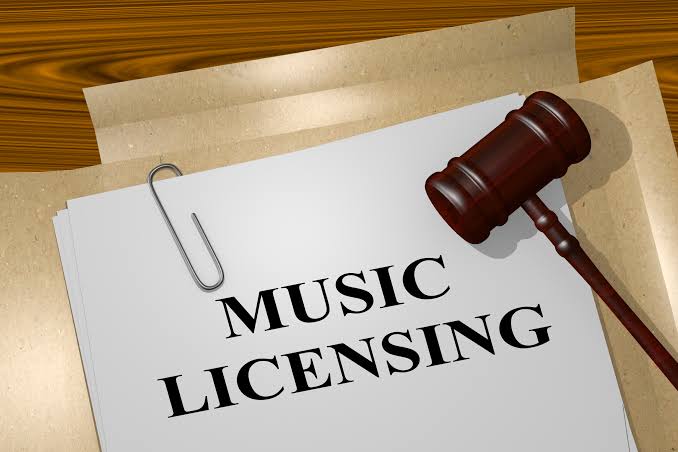Music licensing is the process of obtaining the legal permission to use a specific piece of music or a composition in a specific context. This can include the use of music in film, television, podcasts, advertisements, video games, and other media. It can also include the use of music in live performances, such as in a concert or theater production.
Obtaining the appropriate music licenses is important because it ensures that the creators and copyright holders of the music are compensated for the use of their work. Without a music license, the use of a particular piece of music could be considered copyright infringement, which can result in legal action and financial penalties.
There are different types of music licenses that can be obtained, depending on the intended use of the music. Some common types of music licenses include synchronization licenses, public performance licenses, and mechanical licenses. Sync licenses allow the use of music in conjunction with visual media, such as a film or television show. Public performance licenses are required for the use of music in live performances or in public spaces. Mechanical licenses are required for the reproduction and distribution of music, such as when a song is included on a CD or downloaded from an online music service.
Obtaining the necessary music licenses can involve negotiating with the copyright holder or a music licensing agency. The terms of a music license may vary depending on the specific circumstances and the negotiated agreement.












